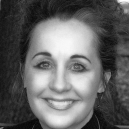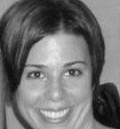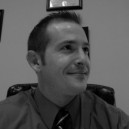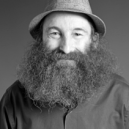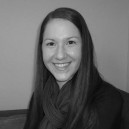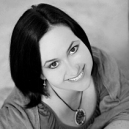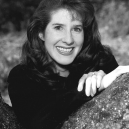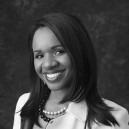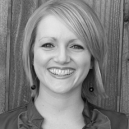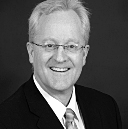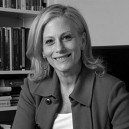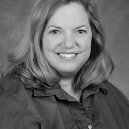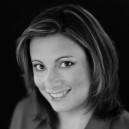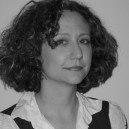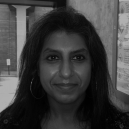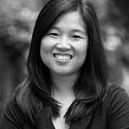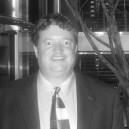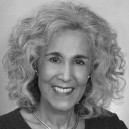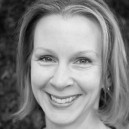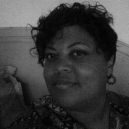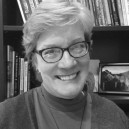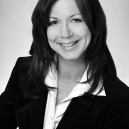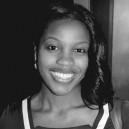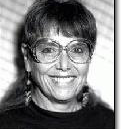Lisa Haisha, M.A.
Spiritual Counselor
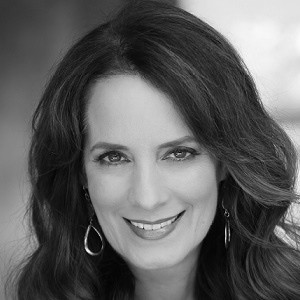 Lisa Haisha’s professional life reads somewhat like an exciting book turned movie. Interestingly enough, her professional career actually did begin in the entertainment business where she was both a director and producer of feature films. Today she is a visionary in the field of spiritual counseling, psychology, and coaching. Her practice includes incorporating her vast spiritual experiences in 60 countries to inspire those with whom she works. Her spiritual expertise comes from her multi-faceted adventures like: communing with Peruvian Shamans; living in a cave with the Bedouins, deep in the mountains of Petra; abiding with inhabitants of the City of the Dead in Cairo; going on safari in Tanzania and staying with the Masai Tribe; the exploration of active volcanoes in Costa Rica; just to name a few.
Lisa Haisha’s professional life reads somewhat like an exciting book turned movie. Interestingly enough, her professional career actually did begin in the entertainment business where she was both a director and producer of feature films. Today she is a visionary in the field of spiritual counseling, psychology, and coaching. Her practice includes incorporating her vast spiritual experiences in 60 countries to inspire those with whom she works. Her spiritual expertise comes from her multi-faceted adventures like: communing with Peruvian Shamans; living in a cave with the Bedouins, deep in the mountains of Petra; abiding with inhabitants of the City of the Dead in Cairo; going on safari in Tanzania and staying with the Masai Tribe; the exploration of active volcanoes in Costa Rica; just to name a few.
Haisha’s world travels and experiences ironically led back to her roots. To date, she has utilized her spiritual experiences and academic knowledge in psychology by actively consulting for; Two and a Half Men; CSI Miami; Big Love, The Bold and the Beautiful, Pulp Fiction, The Big Bang Theory, Django Unchained, ER, Vegas, Les Mis and Batman; plus many more. In addition to consulting, Haisha is an author, motivational speaker and founder of the Soul Blazing Sanctuary in Sherman Oaks, California.
What made you want to enter the field of psychology?
I was originally inspired to enter the field of psychology because I needed respite from my career in the entertainment industry. I was working consistently for a decade as a writer and director of feature films, and although I found satisfaction in the process of creating stories that informed the human experience, the inauthenticity of the culture was taking its toll on my psyche. I’ve always been drawn to discovering what makes people tick (thus my interest in film), so in deciding to take a “time out” I was drawn to study something that would benefit my own self-growth but would also enhance my understanding of human behavior. I could’ve taken a workshop or a healing retreat, but I wanted something more substantial. The reality is that I didn’t receive a Master’s in Psychology to be a therapist, but to rather understand others and myself more fully. The wonderful side effect of my decision to leave the entertainment industry resulted in a more intimate and fulfilling career helping others craft better stories in their own lives.
Over time, through my research, I discovered that a majority of our interpersonal conflicts derive from an inability to communicate with others and ourselves. Consequently, I created my own form of therapy called SoulBlazing that specializes in addressing our challenges in communication through what I have termed “The Impostor Model.” This model reduces our negative behaviors into eight archetypal masks, or “Impostors,” that prevent us from communicating from and through our Authentic Soul. SoulBlazing exercises provide the tools to bridge that gap.
What was your educational journey?
I am a sponge for knowledge, and although I have a BA in Psychology and a Master’s Degree in Spiritual Psychology, I feel my education has equally been informed by my international travels to over 60 countries. I have always had a passion for travel, and the cultural research I have done for the past twenty years has given me tools that college courses could never offer. I now have a more astute ability to recognize subtle behavior patterns in clients, a greater empathy for emotional trauma, and my knowledge of different cultures allows me to understand and meet the needs of a diverse array of clients from all over the world.
That said, my academic studies were just as valuable, especially the fieldwork we did toward the end of my Master’s program. It was in this environment that the term SoulBlazing was revealed to me, after I coached a hardened female prisoner who told me after a particularly intense therapy session that I had “blazed her soul.”
What were the greatest challenges for you educationally?
Time. Prior to my full exodus from the entertainment world, my days were dedicated to large film projects and my evenings to class or studies. I look back on it now, and I feel that these challenges actually helped my motivation and success as a student, even during the frequent four hours of sleep, because there was no room for failure. As they say, “If you want to get something done, ask a busy person.”
Everyone brings a unique perspective to their profession. If you could say anything to the reader about your work, what would it be?
I feel the most important aspect to being a human being is to learn how to love and how to accept love. If you have love in your life, you have everything. Nothing else will bring you peace of mind or happiness.
And finally, in a time of screen addiction, I hope I can remind people that it’s the presence you share with them, not the presents you give them that matters most. So step away from your computers and smart phones, and learn to BE with people again!
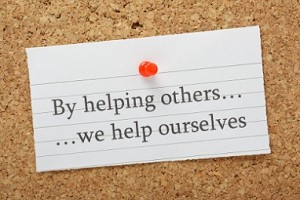 What groups/not-for-profits/awareness and organizations are you involved in, and which would you recommend for professionals or interested laypersons in your field?
What groups/not-for-profits/awareness and organizations are you involved in, and which would you recommend for professionals or interested laypersons in your field?
Much of my practice is about giving and being of service, getting out of your own ego and finding joy in sharing your gifts with others. As such, I walk my talk and encourage my clients to get involved in my philanthropic work.
I recently became a board member of Kids in the Spotlight, a non-profit that connects foster children with entertainment industry professionals to help them write, direct, and produce their own films, culminating in a red carpet premiere and award ceremony. The organization ultimately allows these forgotten children to be recognized through the telling their own stories.
I’m also involved with non-profit The New Hollywood, a women’s goal and philanthropic group that encourages community and accountability for its members to strive toward excellence in all aspects of their lives, through a culture of giving back to various local charities.
And finally, I have my own non-profit Whispers from Children’s Hearts, which provides supplies and volunteers to orphanages in impoverished countries.
All of these organizations require hands-on effort by me. It’s not just about handing over a check, it’s about handing over your heart through active participation.
What advice would you give someone who wanted to follow in your footsteps?
If you’re not passionate about it, go into another field. Working with people at such a deep level takes a lot of commitment and energy. Clients deserve someone that is one hundred percent committed—there is no room for ego, and money cannot be the goal of a practice. Also, owning your own business has its own share of challenges, so prepare yourself through your studies in healing, but also take business courses—they will be invaluable during the early years of your practice. If you are passionate about being of service, build a community of like-minded people. It has helped me tremendously. We cannot do it alone.
Congratulations on your book SoulBlazing: Melt Away Your Fears. Create Your Legacy. Live a Life that Matters. What inspired you to write it?
My motivation for writing SoulBlazing: Melt Away Your Fears. Create Your Legacy. Live a Life that Matters was to allow everyone the same opportunity to learn and benefit from the fundamentals of SoulBlazing that my clients have experienced. Individual SoulBlazing sessions, although very rewarding, can be very emotionally draining for me, and only benefit a small number of people at a time, even in large seminars. As effective as SoulBlazing is in person, the Impostor Model is a conceptual idea that does not require a therapist, yet the benefits of understanding it can be vast. Additionally, because we have a global network of SoulBlazers (I now teach it to others through my SoulBlazing Institute), people can take the next step to make appointments to take their healing to the next level.
What is rewarding about working in your field?
Unquestionably, seeing people shift before your eyes. There is nothing more fulfilling than the transformation I witness in years’ time when a client becomes the person they envisioned themselves to be. It is an honor to be a part of that process.
What would you change about your practices’ focus to make it better?
Nothing. I’m doing exactly what I want to be doing.
What one thing do you hope to have accomplished by the end of your career?
By the end of my career, I hope to have been part of the solution to helping people heal, learn to accept love, and give love fearlessly. I hope to do that through my SoulBlazing Institute (which trains others to become SoulBlazers through our certification program), and through my outreach via SoulBlazing books, global seminars, and media outlets, helping people see themselves from a different perspective shifting them from self-loathing and self-sabotage, to self-love and self-care.







